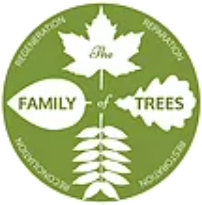Contributors for this “Citizen Action” section understand what it means to perform socially responsible acts of citizenship in the twenty-first century. For them, citizenship means more than rights and privileges given to members of a civil society. Citizenship is a dynamic concept and a living product of participatory democracy. The pages that follow will provide much needed insights to experience ways of thinking that might be radically different from conventions. The alternative visions of human, community and ecological development found in the “Citizen Action” section transform the meanings of citizenship into something active, empowering and liberating.
The crucial achievements and setbacks of social movements in the twentieth century have transformed the lives of working people, women, gay men, lesbians and racial minorities and expanded the concept of citizenship. In the new century, the Twin Cities continues to be in the forefront of social movements and in the midst of alternative political development. The participants of grassroots activism in the Twin Cities are, therefore, agents of historical change who make themselves and their surroundings as much as they are created by mainstream institutions and societies.
The citizen groups in the Twin Cities remain critical and forward-looking, even when efforts to practice participatory democracy encounter obstacles. The contributors emphasize that creative energies within grassroots activism generate commitments for social change and empower people and neighborhoods in a new way. Indeed, many grassroots groups and activists in the Twin Cities are increasing the public awareness about the necessary acts of citizenship in areas of housing, work, public health and the criminal justice system, and building the essential bases for transformative politics. The dynamic coalitions across the environmental justice movement, the labor movement, anti-racist struggles and emerging anti-globalization movements – visible in the Twin Cities movement culture – are working to realize the potentials of grassroots democracy into concrete activity and reality.
Editors: Kristin Thiel & Yuichiro Onishi, U of MN Graduate Student in American History







